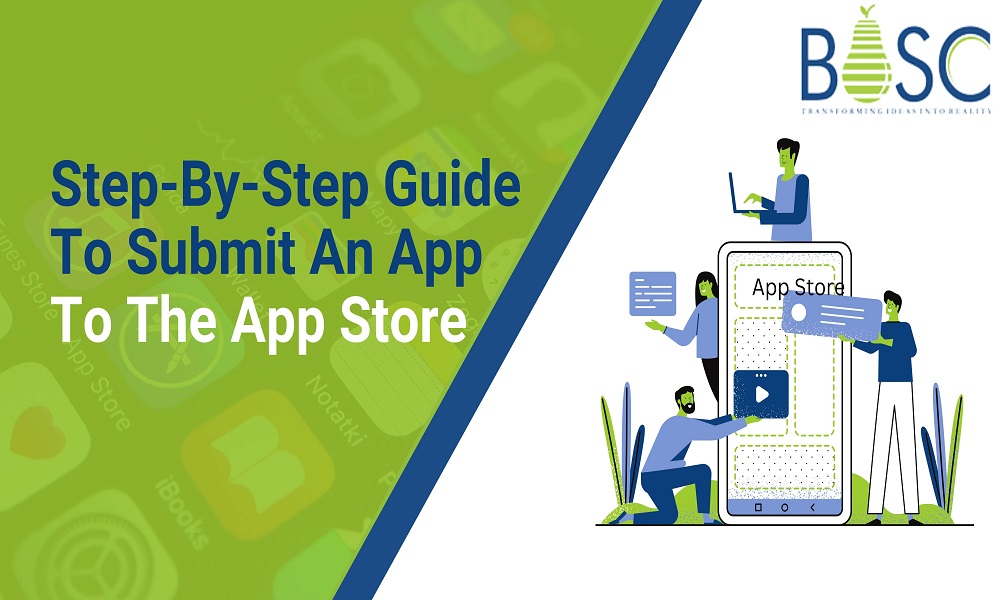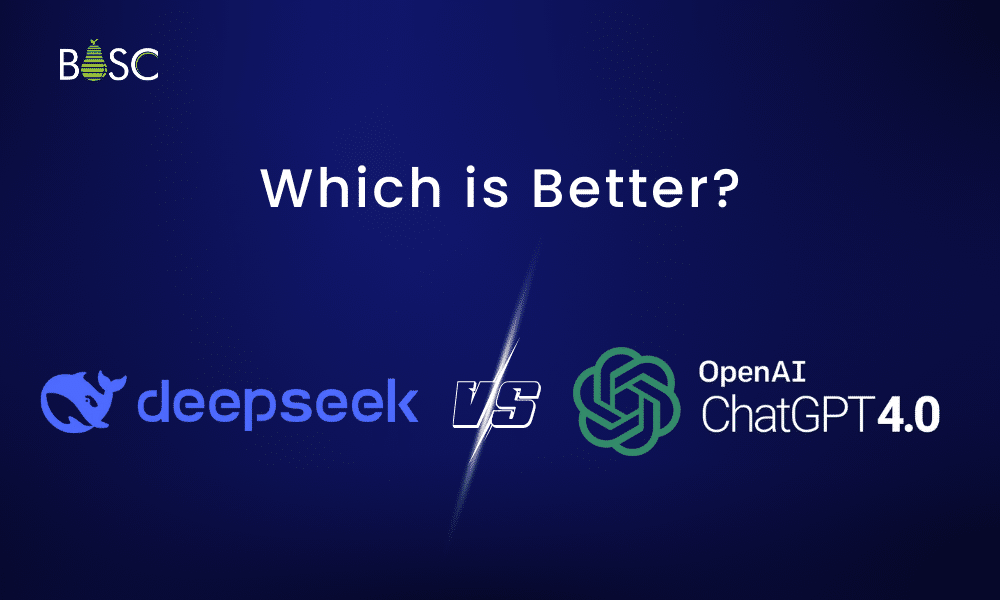Submission of an app is usually an afterthought. It ensures you submit your app to the app store properly is an essential and the first step to display and permit the users to download.
Because of this, we have made this step-by-step guide to an app store submission. This article consists of all the processes important for properly submitting the iOS app to the app store.
If you are facing any problem or issue in submitting the application or you think that it is complicated to do that then you can hire iOS app developer from an award-wining company like Bosc Tech Labs.
Pre-requirement
- The project is ready for submission and passes Apple’s App Store Guidelines
- Validate the Apple developer program account
- Computer or Laptop which runs on Mac OS X
- Programs pre-installed:
Xcode
Keychain Access
Overview of the steps
Below you have the list of guides with the description of how to follow the process so that you must submit an app properly on the app store.
1. Assemble the app information
It is necessary to gather all the information you need to submit before starting the process.
Screenshots: You require a minimum of one screenshot for every supported device screen size, but remember that it didn’t consist of transparency.
Name: Application name which the users view
Description: A short idea about your app which describes its feature and functionality
Keyword: Separate the keyword with a comma
Support URL: A URL with support information for your application
Marketing URL: Marketing information URL about your app, optional
Privacy Policy URL: Consists of apps’ privacy policy URL, optional
Application icon: This icon is used on the app store, and it must be in JPG or PNG format, with a minimum resolution of at least 72 DPI, and in the RGB color space. It does not have layers or rounded corners.
Categories: A secondary category is optional
Rating: It generates the rating dependent on your questionnaire
Copyright: Use a format : XXXX company name
Trade Representative Contact information: It is only viewed on the Korean App store, optional
Demo account: Username and password to access your account completely. Include the details for the additional accounts in the Notes field.
2. Build a bundle identifier
The bundle identifier is the name of your app; it is seen by both an app store and iOS devices.
- In the browser, navigate Apple’s Developer Portal
- Log in
- Click identifiers
- Click the “+” in the top right of the screen
- Name the App ID as the name of your app
- Make sure Bundle ID follows the standard naming convention: com. Your company names. Your app names
- Analyze the app services as your app requirements, then click continue
- Verify, and services are right, then click submit
3. Create the certificate signing request
It is usually used to link your PC to your Apple programmers account.
- Open the program known as KeyChain Access
- In the top left menu, click on certificate assistant
- Click Request certificate from a certificate authority:
- Check saved to disk, click continue
- Save a certificate signing request for later
User email: Enter the address of your email
Common name: We suggest you use the name of the app
4. Build the app store production certificate
Code Signing certificates link iOS apps to the Apple developer account.
- In your search engine, navigate to Apple’s developer Portal
- Click the certificates
- Tick the “+” icon on the top right of the screen
- Click the app store production
- Named “App Store and Ad Hoc,” under production
- Click on continue
- Upload the signing certificate request which created previously
- Download the certificate
- Install the certificate on your PC by the double click
- Keep this file safe
5. Construct a product provisioning file
These profiles are packaged with the iOS apps, so users can install them.
- In your browser, navigate to Apple’s Developer Portal
- Log in
- Click the provisioning profiles
- Click the “+” icon in the upper right of the screen
- Tick the app store distribution option, and click continue
- Choose the Bundle ID developed before, and click continue
- Select the certificate created previously, click continue
- Make the profile name that follows a standard naming convention: App Name App Store Distribution
- Click on generate
- Download
- Install the provisioning profile on your computer by the double click
- Make sure to keep this file safe and secure on any other device
6. Create the app store listing
Book the slot in the app store for your app for the consumers to see
- Open your browser, and move to iTunes Connect
- Log in
- Click on My apps
- Click the “+” button in the top left of the screen
- Click “New iOS App”
- Choose any one Bundle ID created in the developer portal
- For convenience, make the SDU match the Bundle ID created earlier
- Then click on create to create the first version listing
7. Construct Release Build
Package of actual binary which users will be uploading to an iOS store
- Begin Xcode
- Open the workspace or project
- Update the version and build numbers
- Open Build settings
- Make sure all settings are selected
- Scroll to the code signing
- Utilize the provisioning profile created earlier
- Make use of the code signing identity built earlier
- In the top menu, choose Generic iOS device as the build destination if none of the devices is connected
- Menu, Project, Archive
- Click Distribution
- Sign in as the Apple developer account
- Submit to the app store
- Waiting for the confirmation
8. Fill in the version information
Users will decide whether to install your app depending on your store listing.
- Enter all the data which is assembled in step 1
- Choose the build you wish to tie to the version
- Fill in the pricing information
- Click on save
- Fit the bugs and errors based on the messages that appear and save the changes
9. Submit the version for review
Apple’s team has to review every app submitted to the store before release.
- Select release type
- Wait for approval
- If your app is not approved, review the notes in the Resolution center, make the important changes to the app or version information, and then resubmit
Manual release: a release button will appear after the app is accepted.
Automatic release: as soon as the app is accepted, it is released automatically
The new submission process will take almost 2-3 weeks.
10. Release
- If you opt for manual release, click release your app when ready
- Wait for the green “Ready for Sale” Version status
- Search for your app on the store
- Celebrate!
Whenever you are submitting the new version of your app, Repeat steps 7 to 10.
If you have an existing app and want to submit the iOS app correctly, then you can connect with iOS development company, who will assist you in every manner and are happy to help you!
Frequently Asked Questions (FAQs)
1. What is the app store guideline?
The guiding principle of an app store is easy and simple as we want to offer a safe experience for users to get the applications and have a great opportunity for all the iOS programmers to be successful. We also give a highly curated app store where a team of experts reviews every app, and its editorial team will aid the users in discovering new applications every day.
2. Define the actual binary package
An archive file that consists of all the files and directories which is installed to make the working installation of the programs that are added in the package, and a maintainer script which is essential for the installation
3. How will Xcode work in an iOS application?
Xcode allows app developer to unify user interface design, coding, testing, and debugging workflow. A Xcode merges with the swift programming language that will make developing apps easy and fun. If you want to test or run the applications on an iPhone, iPad, Apple TV, or watch, all you need is Apple ID.




